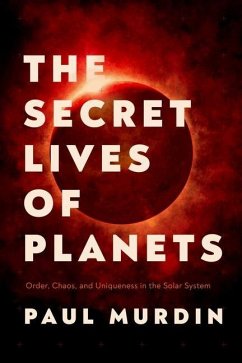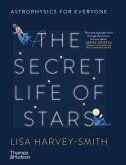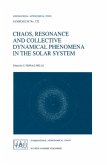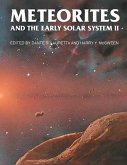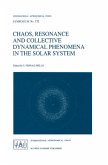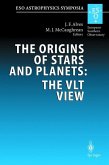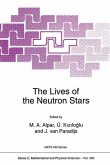We have the impression that the solar system is perfectly regular like a clock or a planetarium instrument. On a short timescale it is. But, seen in a longer perspective, the planets, and their satellites, have exciting lives, full of events. For example, did you know that Saturn's moon, Titan, boasts lakes which contain liquid methane surrounded by soaring hills and valleys, exactly as the earth did before life evolved on our fragile planet? Or that Mercury is the shyest planet? Or, that Mars's biggest volcano is one hundred times the size of Earth's, or that its biggest canyon is ten times the depth of the Grand Canyon, or that it wasn't always red, but blue? The culmination of a lifetime of astronomy and wonder, Paul Murdin's enchanting new book reveals everything you ever wanted to know about the planets, their satellites, and our place in the solar system.

